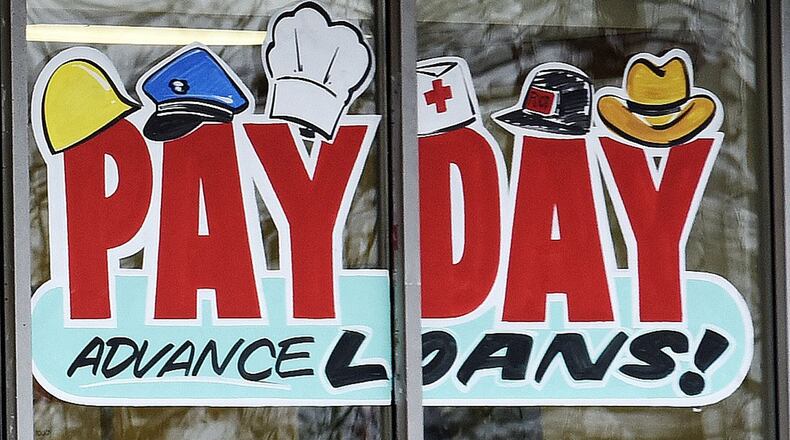But although the bill was introduced March 9, it has yet to receive its first hearing. One of the coalition’s members, the Rev. Carl Ruby of the Central Christian Church in Springfield, wonders if campaign contributions from the payday loan industry have put a halt to the legislation.
“We are doing all that we can to move (Ohio House Speaker Cliff Rosenberger) to act. I can’t think of any reason not to act on this, except for lobbyist influence and campaign finance contributions,” Ruby said. “This is common sense. There is clearly a need for it.”
Rosenberger spokesman Brad Miller said, “Campaign contributions do not determine the fate of legislation, nor do they dictate the way bills are reviewed and vetted.
Miller said payday lending has been discussed. “All parties, including those offering loans and those seeking loans, have had input throughout this process, and the Speaker will continue working with the bill sponsor and the caucus to determine the desired path moving forward,” Miller said.
About the Author

